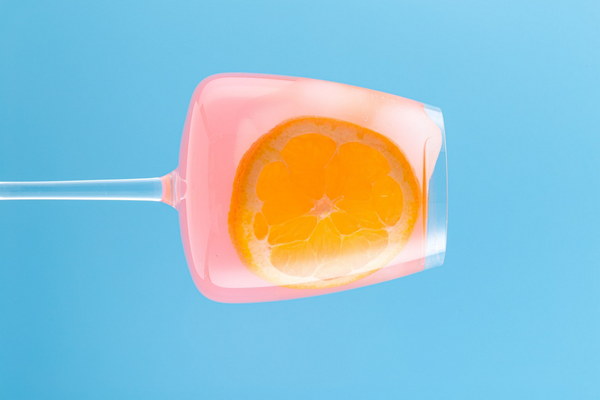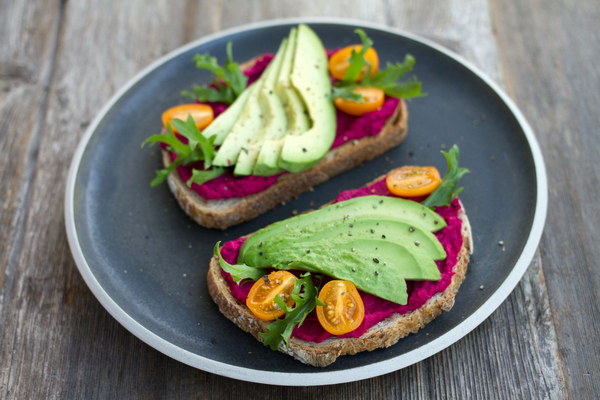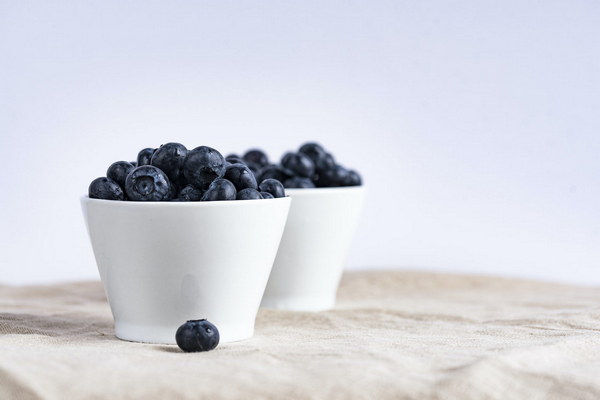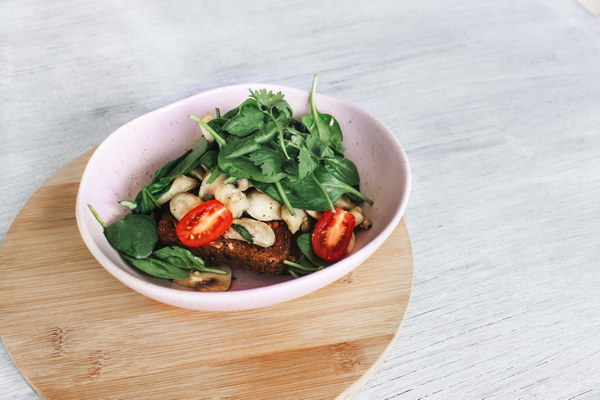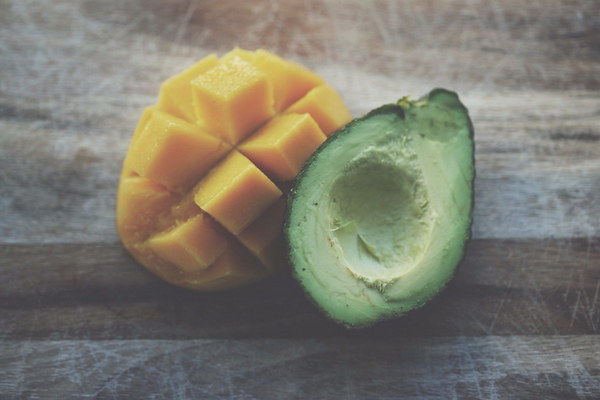Postpartum Care Nurturing Your Body in the First 48 Days
After the joyous experience of giving birth, the postpartum period is a crucial time for new mothers to focus on their physical recovery and overall well-being. The first 48 days, often referred to as the fourth trimester, are particularly important as the body undergoes significant changes. Here's a comprehensive guide on how to nurture your body during these initial postpartum days.
1. Rest and Sleep
The first and foremost priority in the postpartum period is to rest and sleep as much as possible. Your body has undergone a tremendous amount of stress and healing during pregnancy and childbirth. Aim for at least 8 hours of sleep each night, and don't hesitate to take short naps during the day if you feel tired.
2. Nutrition
A balanced diet is essential for recovery. Include a variety of fruits, vegetables, whole grains, lean proteins, and healthy fats in your meals. Hydration is also crucial; drink plenty of water to stay hydrated and support milk production if you are breastfeeding.
3. Gentle Exercise
While it's important to rest, gentle exercise can help improve circulation, reduce postpartum depression, and aid in the healing process. Low-impact activities like walking, yoga, or postpartum pilates can be started after your healthcare provider gives you the green light, usually around 6 weeks postpartum.
4. Pelvic Floor Strengthening
The pelvic floor muscles are particularly vulnerable after childbirth. Kegel exercises, which involve repeatedly tightening and relaxing the pelvic floor muscles, can help strengthen them and prevent issues like incontinence. Perform these exercises regularly and consult with a physiotherapist if you're unsure about the technique.
5. Breastfeeding Support

Breastfeeding is a critical aspect of postpartum care. Seek support from lactation consultants or breastfeeding groups to learn the proper techniques and address any challenges. Make sure you are comfortable while feeding and take breaks to prevent overexertion.
6. Personal Hygiene
Maintain good personal hygiene to prevent infection. Shower regularly and keep your perineal area clean, especially if you've had a vaginal delivery. Use warm compresses if you experience discomfort or swelling in the perineal area.
7. Emotional Well-being
Postpartum can be an emotionally challenging time. It's normal to feel overwhelmed or experience mood swings. Reach out to friends, family, or professionals for emotional support. Consider joining a postpartum support group where you can share experiences and receive advice.
8. Avoiding Risks
Stay away from certain activities and substances that could hinder your recovery. Avoid heavy lifting, strenuous exercise, and sexual activity until your healthcare provider advises otherwise. Also, avoid smoking, alcohol, and certain medications unless they are prescribed by a healthcare professional.
9. Regular Check-ups
Schedule regular postpartum check-ups with your healthcare provider. These appointments are essential to monitor your health and address any concerns. Be honest about your experiences and symptoms to ensure you receive the appropriate care.
10. Self-Care
Lastly, don't forget to take care of yourself. This means setting aside time for activities you enjoy, even if it's just a few minutes a day. Whether it's reading a book, taking a warm bath, or simply enjoying a quiet moment, self-care is vital for your mental and physical health.
In conclusion, the postpartum period is a time for healing and rejuvenation. By focusing on rest, nutrition, gentle exercise, and emotional support, you can nurture your body and set the stage for a healthy recovery. Remember, it's okay to ask for help and take things one day at a time. With patience and care, you'll soon be on your way to feeling like yourself again.
